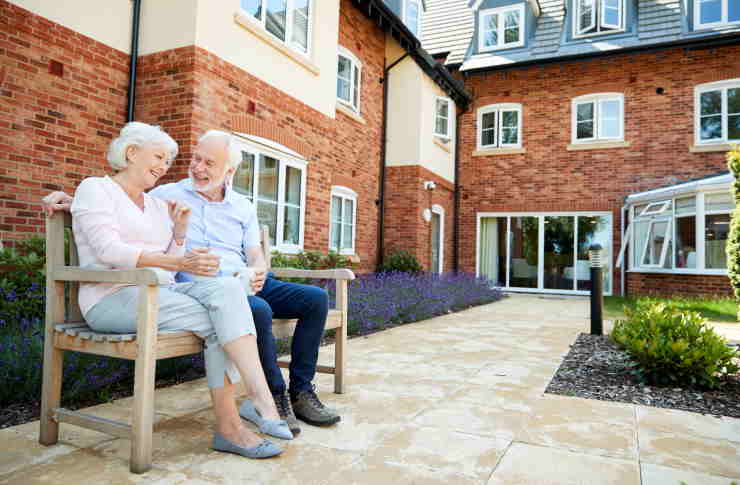Senior Apartments: A Comprehensive Guide to Housing Options for the Elderly
As we age, our housing needs often change. Senior apartments offer a tailored living solution for older adults seeking independence, community, and specialized amenities. This article explores the world of senior housing, focusing on apartments designed specifically for the elderly and retirees.

How do senior housing options differ from regular apartments?
Senior housing differs from standard apartments in several key ways. Firstly, these communities often feature age restrictions, ensuring residents share similar life stages and interests. Secondly, the physical design of senior apartments prioritizes accessibility, with features like wider doorways, grab bars in bathrooms, and emergency call systems. Additionally, many senior housing complexes offer organized social activities, transportation services, and on-site amenities tailored to older adults’ preferences and needs.
What amenities can residents expect in senior apartments?
Senior apartments typically offer a range of amenities designed to enhance the quality of life for older adults. Common features include:
-
Fitness centers with senior-friendly equipment
-
Community rooms for social gatherings and events
-
On-site laundry facilities or in-unit washers and dryers
-
Transportation services for medical appointments and shopping
-
Outdoor spaces like gardens or walking paths
-
24-hour security and emergency response systems
-
Housekeeping and maintenance services
These amenities aim to promote an active, social, and comfortable lifestyle for residents while addressing the specific needs of the elderly population.
How can seniors find apartments with no waitlist?
Finding senior apartments with no waitlist can be challenging, as many desirable communities have high demand. However, several strategies can help seniors secure housing more quickly:
-
Research multiple communities: Cast a wide net and explore various options in your desired area.
-
Consider newer developments: Recently opened senior housing complexes may have more immediate availability.
-
Be flexible with location: Expanding your search to neighboring areas might yield quicker results.
-
Use online resources: Websites and apps dedicated to senior housing can help you find real-time availability.
-
Work with a senior housing specialist: These professionals can provide insider knowledge on vacancies and upcoming openings.
-
Join waitlists strategically: Even if there’s a waitlist, join multiple lists to increase your chances of securing a spot sooner.
What factors should be considered when choosing a retirement apartment?
Selecting the right retirement apartment involves careful consideration of various factors:
-
Location: Proximity to family, healthcare facilities, and desired amenities
-
Cost: Monthly rent, utilities, and any additional fees
-
Level of care: Ensure the community matches your current and potential future needs
-
Social atmosphere: Look for communities that offer activities and events aligned with your interests
-
Pet policies: If you have a pet, confirm that the community is pet-friendly
-
Transportation options: Consider on-site services or access to public transportation
-
Safety features: Evaluate security measures and emergency response systems
-
Contract terms: Understand the lease agreement, including any long-term commitments or buy-in fees
What are the typical costs associated with senior apartments?
Senior apartment costs can vary widely depending on location, amenities, and services offered. Here’s a general overview of pricing:
| Type of Senior Housing | Monthly Cost Range | Included Services |
|---|---|---|
| Independent Living | $1,500 - $4,000 | Basic amenities, some meals, activities |
| Assisted Living | $3,000 - $6,000 | Personal care, meals, housekeeping |
| Memory Care | $4,000 - $8,000 | Specialized care for dementia/Alzheimer’s |
| Continuing Care | $3,000 - $10,000+ | Varies based on level of care needed |
Prices, rates, or cost estimates mentioned in this article are based on the latest available information but may change over time. Independent research is advised before making financial decisions.
When budgeting for senior apartments, it’s essential to consider not only the base rent but also additional costs such as utilities, meal plans, and any à la carte services. Some communities may also require an entrance fee or community fee upon move-in.
In conclusion, senior apartments offer a valuable housing option for older adults seeking a balance between independence and community living. By understanding the various aspects of senior housing, from amenities to costs, elderly individuals and their families can make informed decisions about their living arrangements. Whether looking for a maintenance-free lifestyle or a socially engaging environment, senior apartments provide a tailored solution to meet the diverse needs of today’s aging population.






